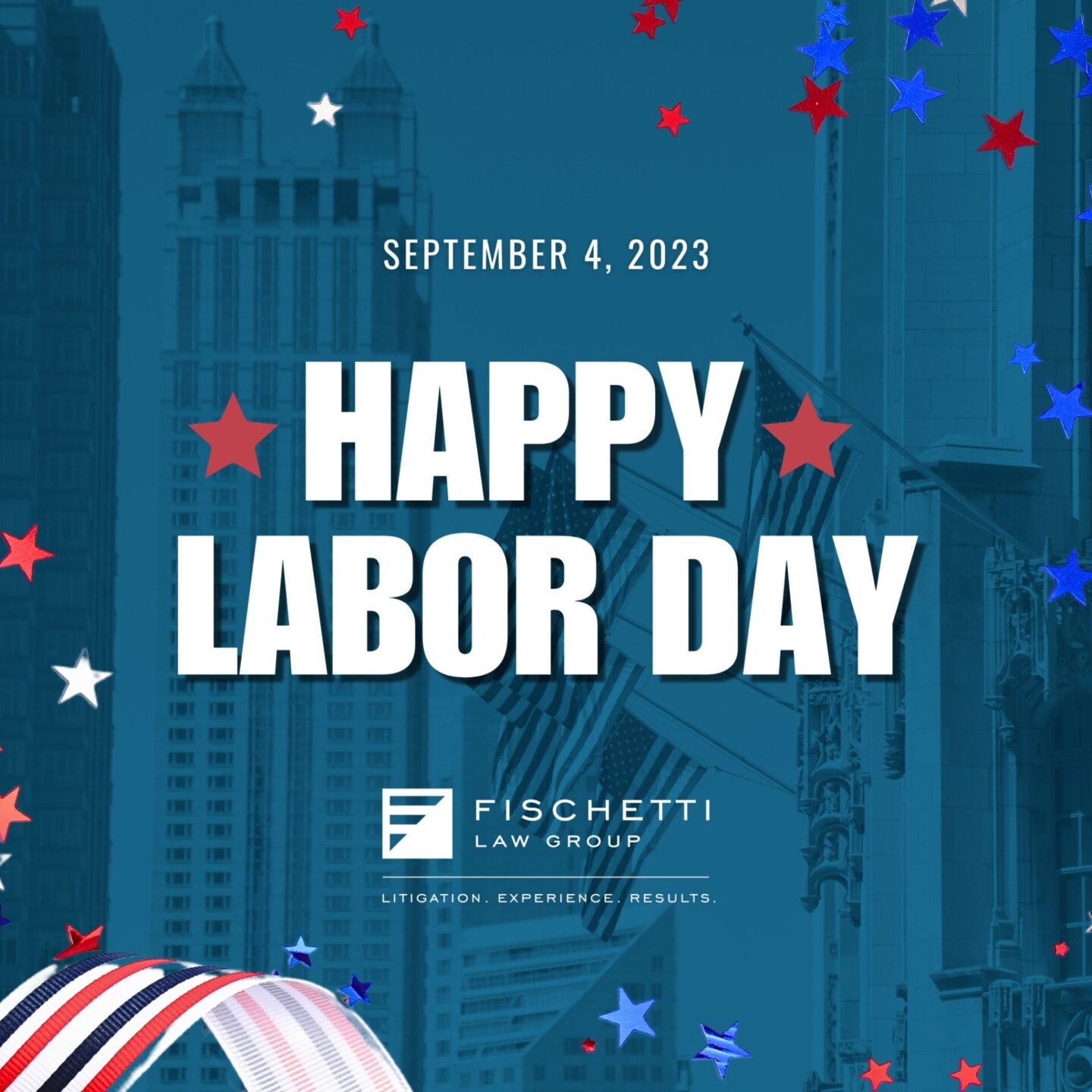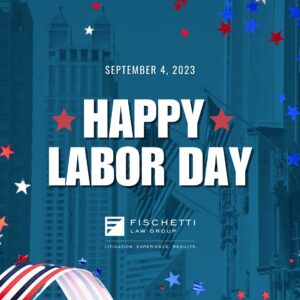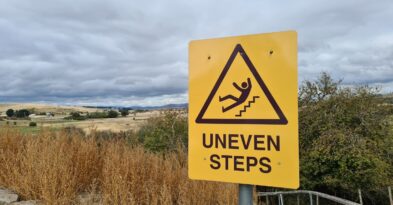Labor Day: Unraveling the Facts Behind the Holiday

The Roots of Labor Day
The holiday has its roots in the labor union movement, a collective effort aimed at improving workers’ conditions, wages, and hours. The 19th century was a tumultuous time for laborers, many of whom worked 12-hour shifts, seven days a week, in poor conditions. Child labor was rampant, and workplace safety was almost nonexistent.
In response to these conditions, labor unions began organizing strikes and rallies to protest and demand better working circumstances. The idea of dedicating a day to celebrate laborers started to take shape in this milieu. The first Labor Day parade took place on September 5, 1882, in New York City. Over 10,000 workers took unpaid time off to march from City Hall to Union Square.
The Fight for Recognition
Although the first parade was a significant step, the holiday was not yet a public holiday. The push for making it an official holiday came after one of the most challenging periods in American labor history — the Pullman Strike of 1894. The strike turned violent, leading President Grover Cleveland to send in federal troops to break it up, resulting in deaths and widespread public unrest. In an attempt to reconcile with the American labor force, Cleveland expedited legislation that made Labor Day a national holiday, just six days after the end of the strike.
How It Evolved
Initially, the holiday was centered around parades and political speeches aimed at advocating for workers’ rights. However, as labor laws changed and the eight-hour workday became more standard, the nature of the holiday also evolved. Today, the day is more of a celebration of the contributions workers have made to society. While political undertones still exist, especially in years where labor issues are more prominent, Labor Day now has a dual role as both a social and political holiday.
Labor Day Today
In the modern era, the holiday is often considered the unofficial end of summer, marked by barbecues, picnics, and fireworks. Retailers hold massive sales, taking advantage of the long weekend to clear out summer stock. Schools usually resume shortly after, making the holiday a last hurrah of the summer season. For sports fans, the holiday also coincides with the beginning of the football season.
Despite these social attributes, the political aspect of the holiday remains significant. Labor unions and workers’ rights organizations often hold rallies and events to draw attention to ongoing issues such as wage inequality, the right to organize, and workplace safety.
Lesser-Known Facts
Oregon Was the First: Before Labor Day became a federal holiday, Oregon was the first state to declare it a public holiday in 1887.
Canadian Influence: The idea for Labor Day likely has roots in Canada. Labor festivals and parades were already occurring in Toronto as early as the 1870s.
Not Always on Monday: The original proposal was to hold Labor Day on the first Wednesday of September, but it was later changed to the first Monday to allow for a long weekend.
Peter McGuire or Matthew Maguire: There is some debate over who first proposed the idea of Labor Day. Most credit either Peter McGuire, co-founder of the American Federation of Labor, or Matthew Maguire, a machinist.
Global Variations: While the U.S. observes Labor Day in September, the majority of countries celebrate International Workers’ Day on May 1st.
Jobs Considered the Best: Since Labor Day is about recognizing hard work, you might be curious which jobs are considered among the best for U.S. employees. These include a software developer, nurse practitioner, medical and health services manager.
NFL Kickoff: The holiday is considered the ‘unofficial NFL season kickoff.’ 99.44 percent of the time, the NFL plays its first official season game the Thursday after Labor Day.
Government Labor Agency: The U.S. Department of Labor was founded 30 years after the first celebration of Labor Day.
Last Summer Getaway: More than half of adults plan to travel over Labor Day to squeeze in one last summer getaway before summer ends.
Working on Labor Day: This particular holiday has one of the biggest holiday weekends for US sales. For retail employees, that means laboring on Labor Day.
Barbecue: It’s the third most popular day of the year to have a barbeque, after the Fourth of July and Memorial Day.
European Labor Day: In many other countries, May Day (May 1st) is the day working people are honored. Most of Europe celebrates May Day.
September Holiday: Creators decided to pick the first week of September to honor Labor Day because it is between the 4th of July and Thanksgiving.
Hot Dog Season: Labor Day is considered the end of hot dog season. Throughout the season, Americans typically consume 7 billion hot dogs.
Conclusion
Labor Day is not just a day off work or an opportunity for a barbecue. It’s a commemoration of the struggles, sacrifices, and successes of the labor movement, as well as a tribute to the economic and social achievements of workers. As we enjoy our long weekends, it’s important to remember the true essence of the holiday and to appreciate the efforts of those who fought for the rights and privileges that many often take for granted today.
Whether you’re spending the day relaxing, participating in a rally, or simply reflecting, Labor Day serves as a reminder of the progress made and the work that still needs to be done.
Here at the Fischetti Law Group, we wish you all a safe and happy Labor Day!
TESTIMONIALS
What People Say
I am so thankful that Michael Fischetti was able to handle my case so efficiently. While he is professional, he genuinely cares about his clients.
Having an experienced attorney on my side sped my case up, while also ensuring that I got the compensation I deserved. Thank you Michael!












